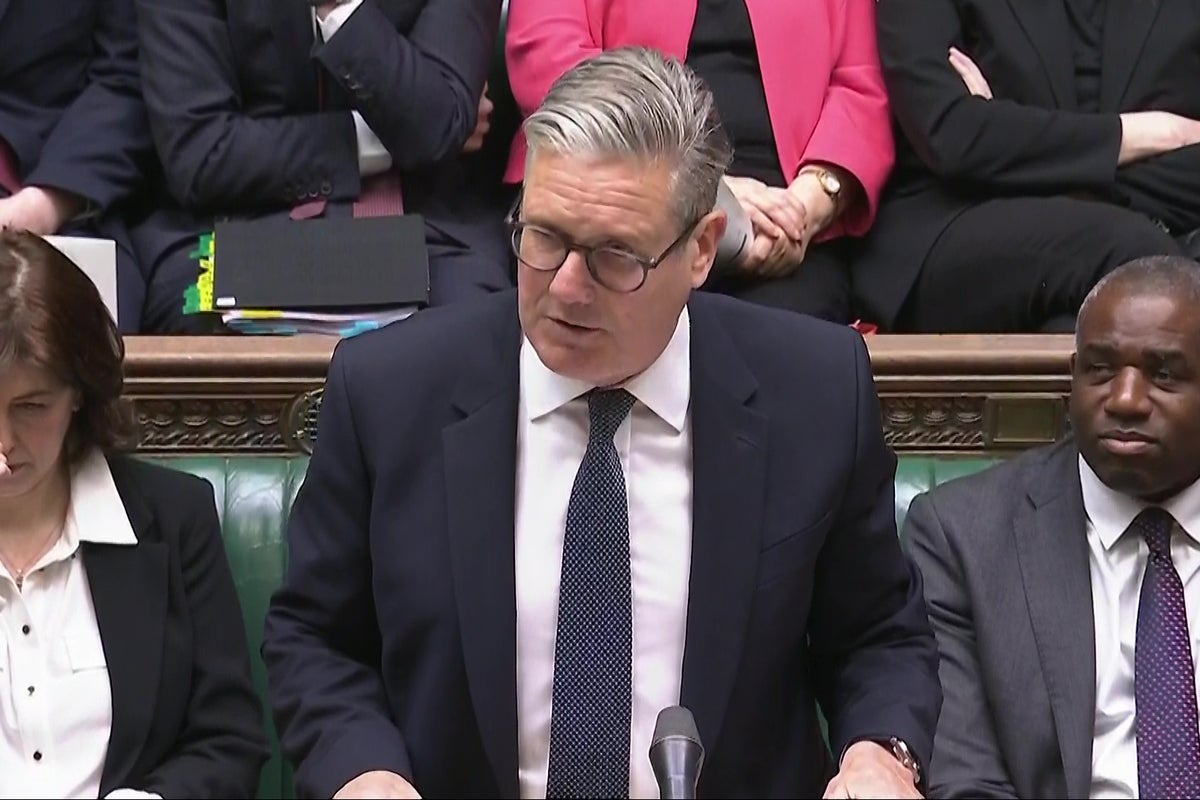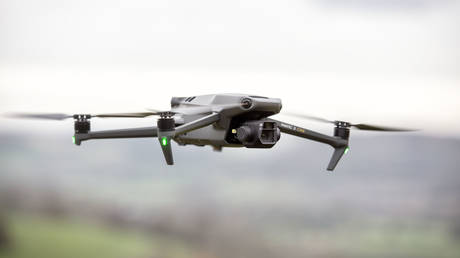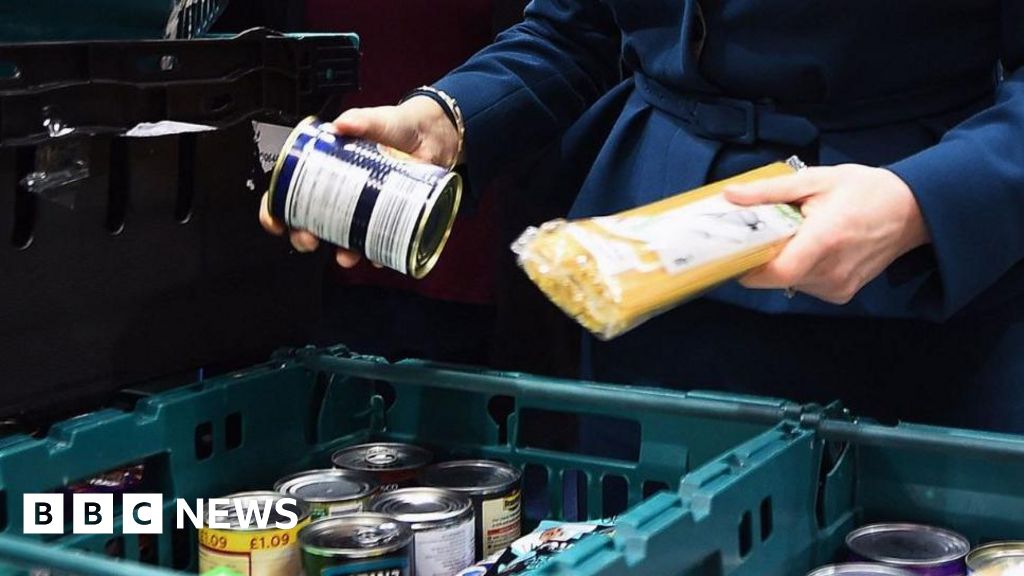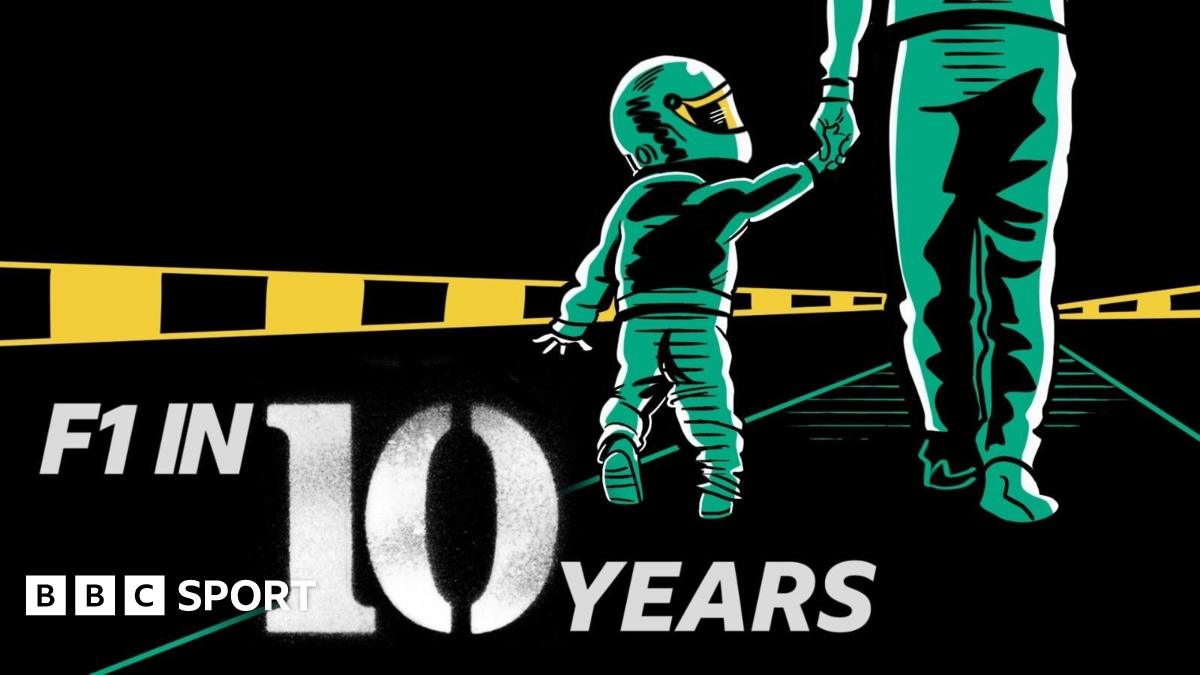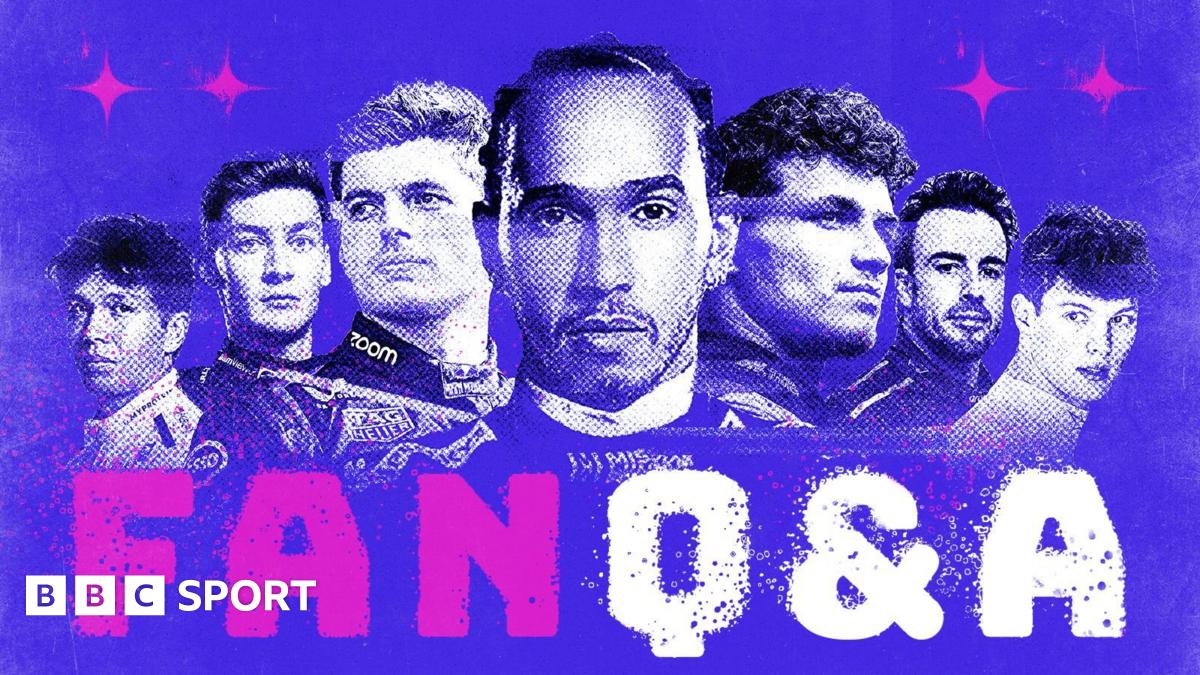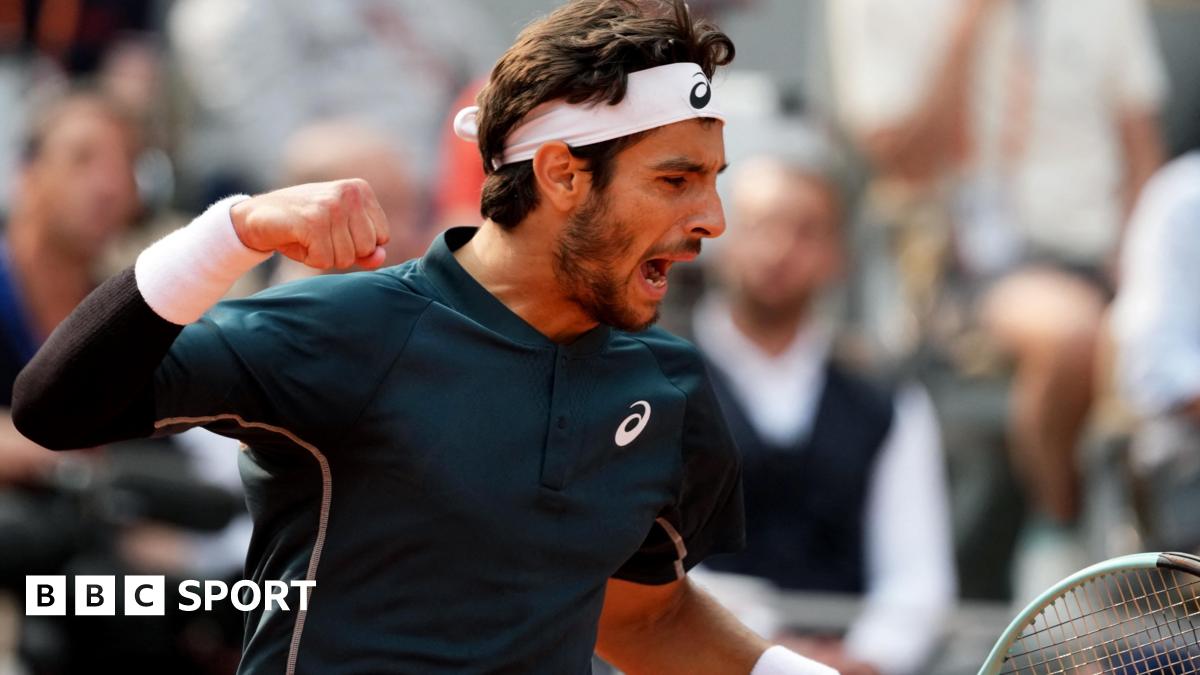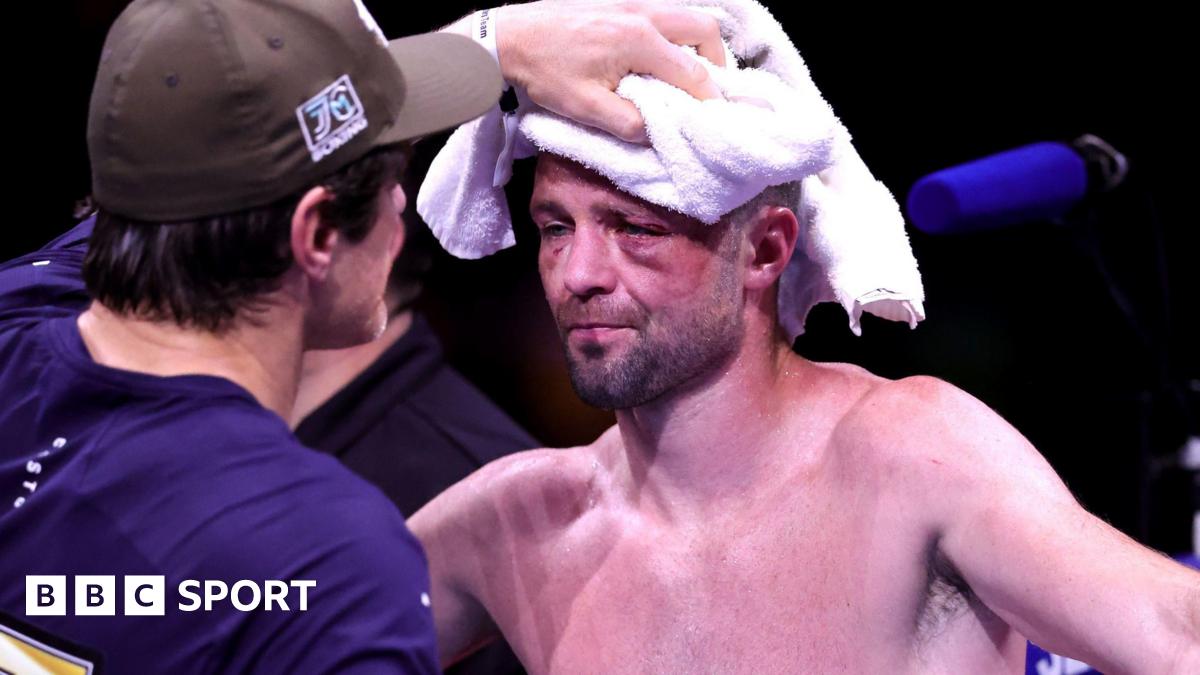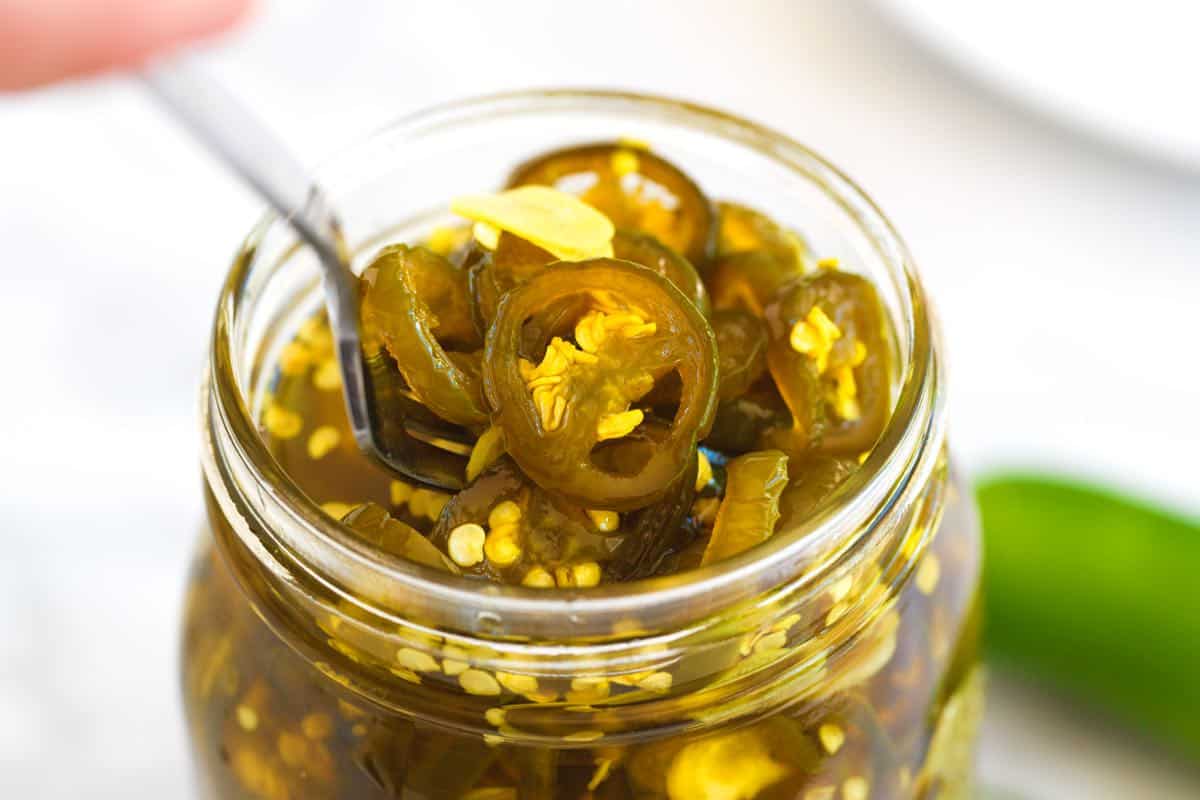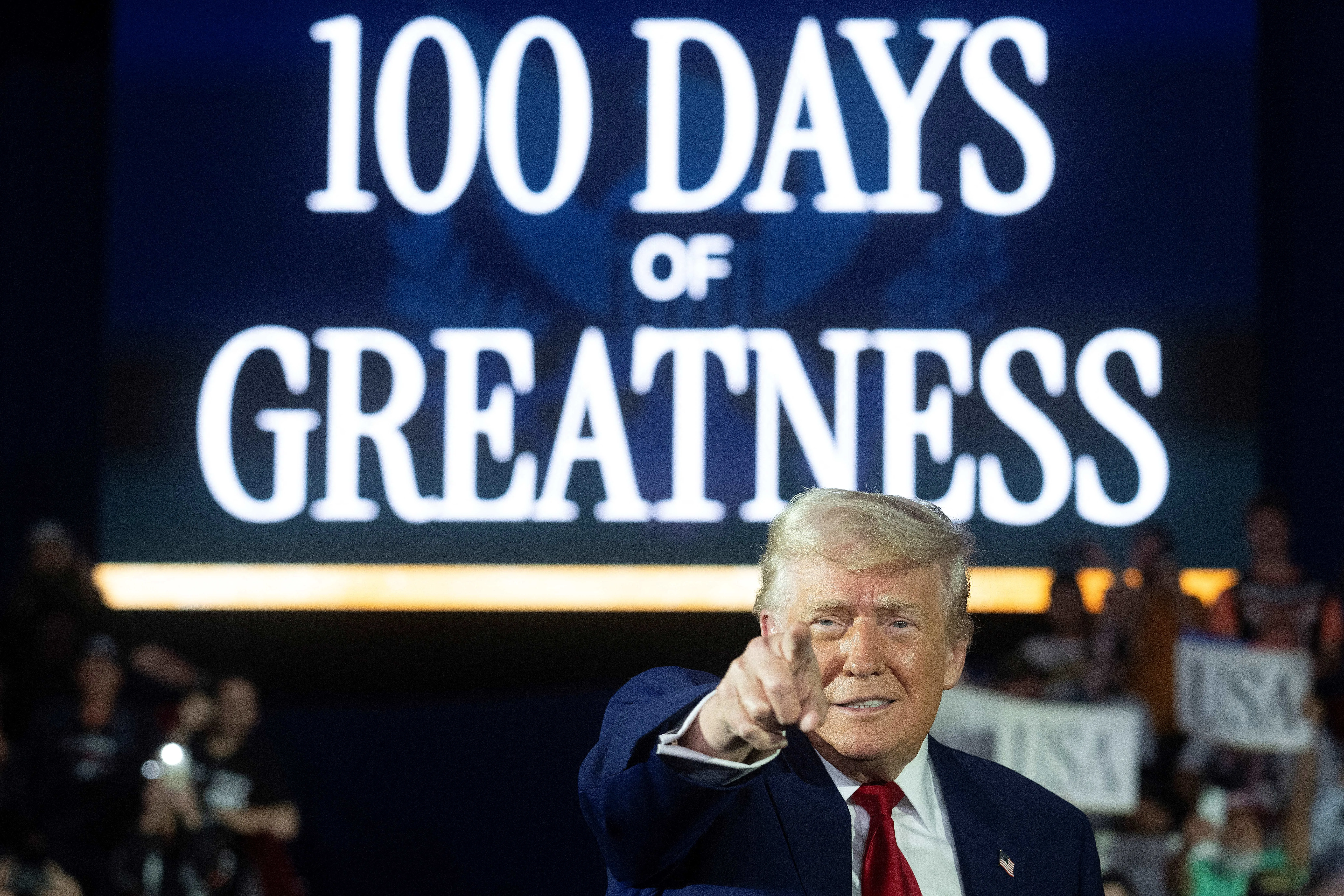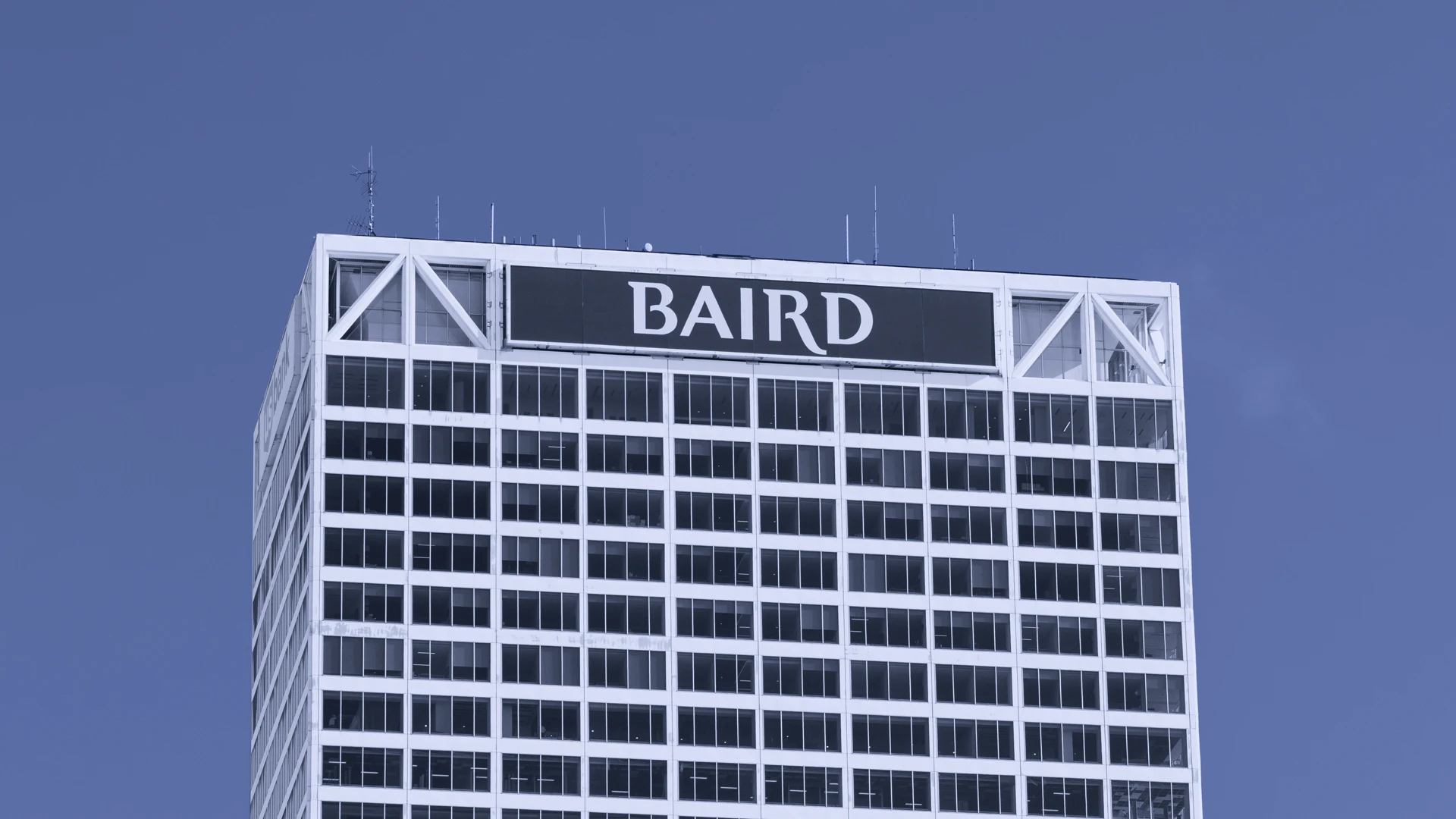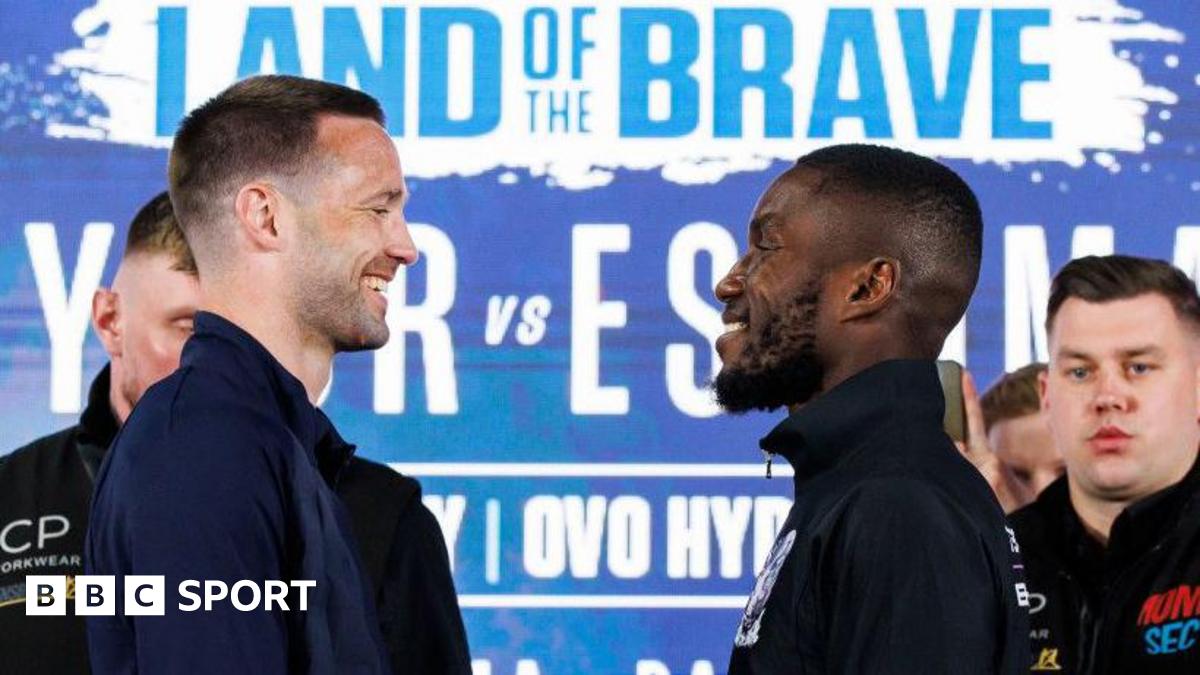Effective Bar Marketing Strategies to Boost Customer Loyalty and Engagement

Key Takeaways

- Importance of Bar Marketing: Effective bar marketing strategies are essential for boosting brand visibility and fostering customer loyalty in a competitive nightlife environment.
- Diverse Marketing Strategies: Utilize various tactics, including digital marketing, event promotions, and influencer partnerships, to attract and retain patrons.
- Online Presence Enhancement: Optimize your Google My Business listing, engage on social media platforms, and encourage online reviews to enhance your bar’s local SEO and appeal.
- Community Engagement: Foster connections with the local community through events, sponsorships, and collaborations to strengthen your brand’s reputation and visibility.
- Measuring Success: Track key performance indicators (KPIs) such as Customer Lifetime Value and retention rates to assess the effectiveness of your marketing efforts and make necessary adjustments.
In the bustling world of nightlife, bar marketing is your secret weapon to stand out from the crowd. With countless options available, how do you ensure your establishment captures the attention of potential patrons? Effective bar marketing strategies can not only boost your visibility but also create a loyal customer base eager to return for more.
From social media promotions to themed events, the right approach can transform your bar into the go-to spot in town. By understanding your audience and leveraging creative tactics, you can enhance their experience and keep them coming back. Dive into the exciting realm of bar marketing and discover how to elevate your venue to new heights.
Understanding Bar Marketing

Bar marketing encompasses strategies aimed at promoting your establishment to attract and retain customers. Effective bar marketing not only builds brand awareness but also enhances your connection to the local community.
What Is Bar Marketing?
Bar marketing refers to the various techniques bar owners use to engage their target market and elevate their brand visibility. This can include local advertising efforts, social media marketing, and grassroots marketing campaigns. Tactics such as themed events, local sponsorships, and collaborations with nearby businesses foster community engagement. Implementing tools like Google My Business enhances your online presence, making it easier for potential patrons to find you during local searches.
Importance of Bar Marketing
Bar marketing plays a vital role in distinguishing your bar in a competitive landscape. Strong marketing strategies lead to increased customer loyalty and retention, essential for sustained success. Effective local promotions, like loyalty programs and holiday specials, draw in regular patrons and can create word of mouth. Engaging actively with your community through local events and partnerships boosts your bar’s reputation and visibility. Utilizing platforms such as Facebook Ads and Instagram for business allows you to reach your target audience directly, enhancing your local SEO. Furthermore, gathering online reviews on platforms like Yelp can significantly impact your bar’s appeal, influencing new customers’ decisions.
Types of Bar Marketing Strategies

Understanding effective bar marketing strategies can significantly enhance your establishment’s appeal and customer loyalty. Here are key strategies to consider.
Digital Marketing
Digital marketing leverages online platforms to connect with your target market. Use local SEO techniques to boost your visibility in online searches. Optimize your Google My Business listing to ensure accurate hours, location, and services. Engage customers through social media marketing on platforms like Facebook and Instagram. Create location-based ads and use Facebook Ads to target specific demographics in your area. Encourage satisfied patrons to leave Google reviews and Yelp listings to improve your online reputation. Email marketing remains valuable; send newsletters with updates on events, promotions, and special offers.
Event Marketing
Event marketing creates experiences that draw customers to your bar while building community engagement. Organize local events like themed nights or trivia competitions to enhance foot traffic during quieter times. Consider partnerships with local influencers to increase event visibility and attendance. Sponsorships of neighborhood events or local sports teams can also strengthen your brand’s presence. Promote these events through local advertising channels, including flyers, brochures, and social media posts, to maximize reach. Utilizing grassroots marketing techniques, like word of mouth and community involvement, can foster customer loyalty and retention, making your bar a destination for local patrons.
Effective Bar Marketing Techniques

Utilizing effective marketing techniques enhances visibility and attracts customers to your bar. Focus on strategies that resonate with your target market and foster community engagement.
Social Media Engagement
Engaging on social media platforms is vital for bar marketing success.
- Create a Strong Online Presence: Establish profiles on Facebook, Instagram, and Twitter. Upload captivating photos of your bar and drinks, post interactive polls, and respond to customer reviews. Leveraging platforms like Instagram for business boosts brand awareness.
- Targeted Advertising: Use Facebook Ads and Instagram’s geotargeting features to create location-based ads. This strategy identifies specific demographics, interests, and locations for your promotions.
- Event Promotions: Craft online events for activities such as beer pong tournaments or trivia nights. Designing event pages builds anticipation and serves as reminders for your audience. Encourage RSVPs to gauge interest and tailor your offerings.
Influencer Collaborations
Influencer marketing can significantly raise your bar’s profile within the community.
- Local Influencer Partnerships: Partner with local influencers to promote your bar. Their testimonials can enhance your credibility and attract their followers to your establishment.
- Cross-Promotion with Brand Ambassadors: Develop relationships with influencers who align with your brand values. Offer them loyalty programs or exclusive deals for their audience, amplifying your reach through their platforms.
- Sponsorships and Community Involvement: Consider sponsoring local events or partnering with community groups. This fosters goodwill and increases your visibility through local PR efforts. Direct connections can lead to word-of-mouth referrals and positive online reviews.
Measuring Success in Bar Marketing

Measuring success in bar marketing involves tracking key performance indicators (KPIs) and gathering customer feedback. These elements provide insight into the effectiveness of your strategies and how well you connect with your target market.
Key Performance Indicators
When evaluating your bar’s marketing efforts, focus on essential KPIs that reflect customer engagement and campaign performance:
- Customer Lifetime Value (CLV): This metric represents the total value a customer brings over their relationship with your bar. Increasing CLV suggests strong customer loyalty, often resulting from effective local marketing strategies and successful loyalty programs.
- Customer Retention Rate: This percentage indicates the number of customers who return to your bar over time. High retention rates reflect effective marketing tactics, such as targeted promotions and community engagement initiatives, fostering lasting connections with patrons.
- Campaign Conversion Rates: Measure the effectiveness of your marketing campaigns by tracking the number of customers engaging with initiatives like loyalty programs or events. Higher conversion rates show that your messaging resonates with your audience, enhancing return on investment.
Customer Feedback
Customer feedback plays a crucial role in refining your bar marketing strategies. Collect insights through various channels:
- Online Reviews: Encourage customers to leave reviews on platforms like Yelp and Google. Positive online reviews enhance your bar’s visibility and credibility in local search results, contributing to increased foot traffic.
- Social Media Engagement: Utilize platforms like Facebook and Instagram to solicit feedback. Directly interact with customers through comments and messages to strengthen your online presence and build relationships.
- Surveys: Implement short surveys or polls, both online and in-store, to gather opinions on customer experiences and preferences. This feedback allows you to tailor local promotions and events to meet their expectations.
- Influencer Partnerships: Collaborate with local influencers to gain insights into your target market’s preferences. Influencer marketing helps elevate your brand awareness while also providing valuable feedback on your offerings and engagement strategies.
Employing these KPIs and customer feedback collection methods ensures you’re continuously improving your marketing strategy, enhancing brand awareness, and cultivating a loyal customer base.
Conclusion

Embracing innovative bar marketing strategies can significantly transform your establishment’s presence in the nightlife scene. By focusing on customer experience and community engagement you can create a loyal customer base that keeps coming back.
Utilizing social media and hosting exciting events not only enhances visibility but also fosters connections with your audience. Remember to track your success through key performance indicators and customer feedback to continuously refine your approach.
With the right strategies in place your bar can thrive and stand out in a competitive market. Take the leap and start implementing these tactics today to elevate your bar’s appeal and success.
Frequently Asked Questions

What is bar marketing?
Bar marketing refers to a set of strategies aimed at promoting bars to attract and retain customers. These strategies aim to build brand awareness and strengthen community connections through various techniques like local advertising, social media engagement, and collaboration with nearby businesses.
Why is bar marketing important?
Bar marketing is crucial in the competitive nightlife industry. Effective strategies can distinctively position a bar, increase customer loyalty, and enhance visibility. Strong marketing efforts lead to better customer retention, which is essential for long-term success.
What are some effective bar marketing strategies?
Effective bar marketing strategies include social media promotions, themed events, local advertising, and community engagement. Utilizing targeted advertising on platforms like Facebook and Instagram helps in reaching specific demographics, while collaborations with local influencers can boost credibility.
How can I use social media for bar marketing?
Using social media for bar marketing involves creating a strong online presence, engaging with customers, and promoting events. Targeted ads can help reach desired audiences, while regular posts about specials and activities can increase customer interaction and anticipation.
How do I measure the success of bar marketing?
Measuring the success of bar marketing can be done by tracking key performance indicators (KPIs) such as Customer Lifetime Value (CLV) and Customer Retention Rate. Gathering customer feedback through surveys and online reviews also provides insights for continuous improvement.
What role do events play in bar marketing?
Events play a significant role in bar marketing as they create unique experiences that attract customers. Themed nights, influencer partnerships, and locally sponsored events can enhance visibility and foster customer loyalty when effectively promoted.
How can online reviews impact my bar’s marketing efforts?
Online reviews greatly influence potential customers’ decisions. Positive reviews can enhance a bar’s reputation and draw in new patrons, while negative reviews may deter them. Monitoring and responding to reviews can strengthen community ties and improve customer trust.
Image Via Envato
This article, "Effective Bar Marketing Strategies to Boost Customer Loyalty and Engagement" was first published on Small Business Trends
What's Your Reaction?
 Like
0
Like
0
 Dislike
0
Dislike
0
 Love
0
Love
0
 Funny
0
Funny
0
 Angry
0
Angry
0
 Sad
0
Sad
0
 Wow
0
Wow
0


